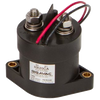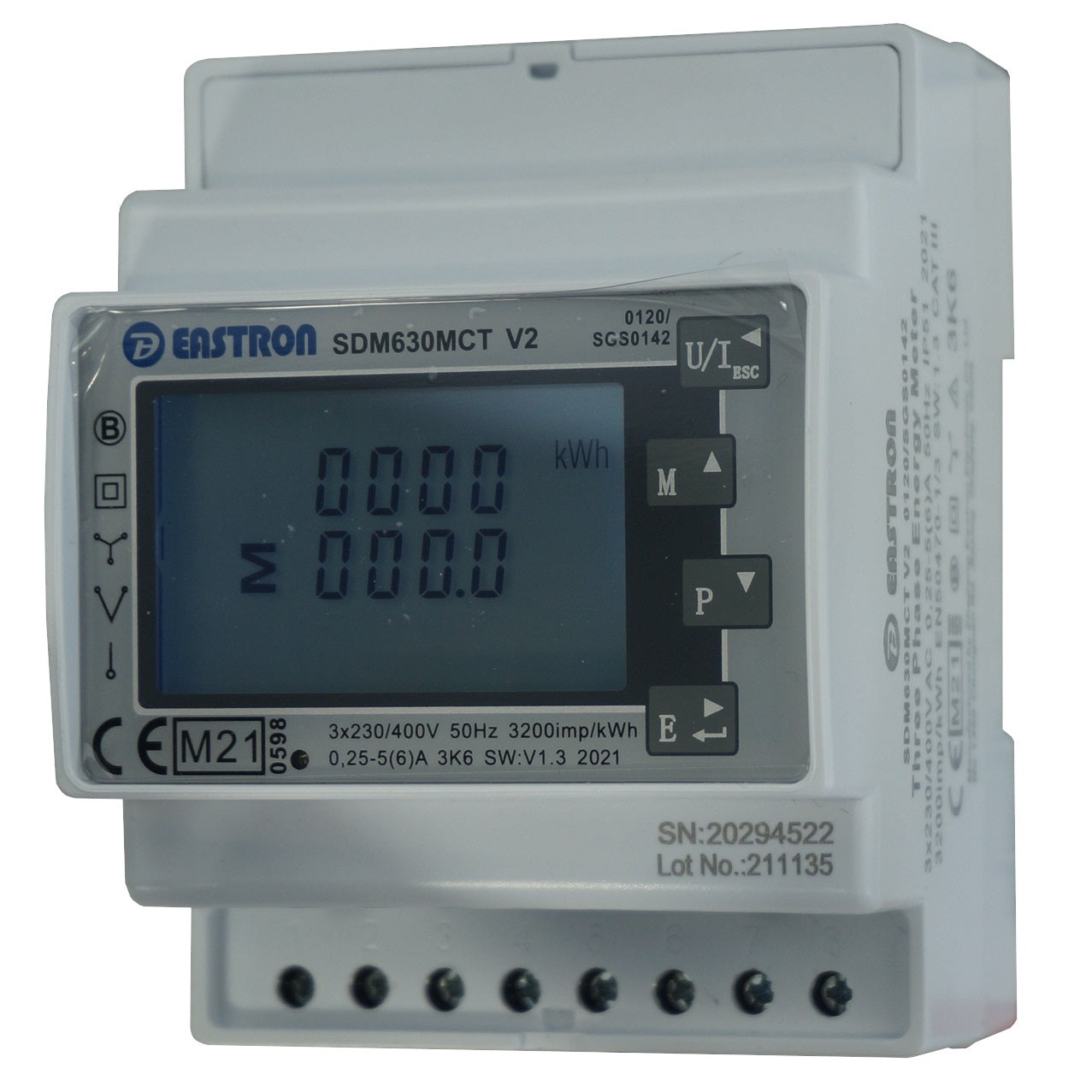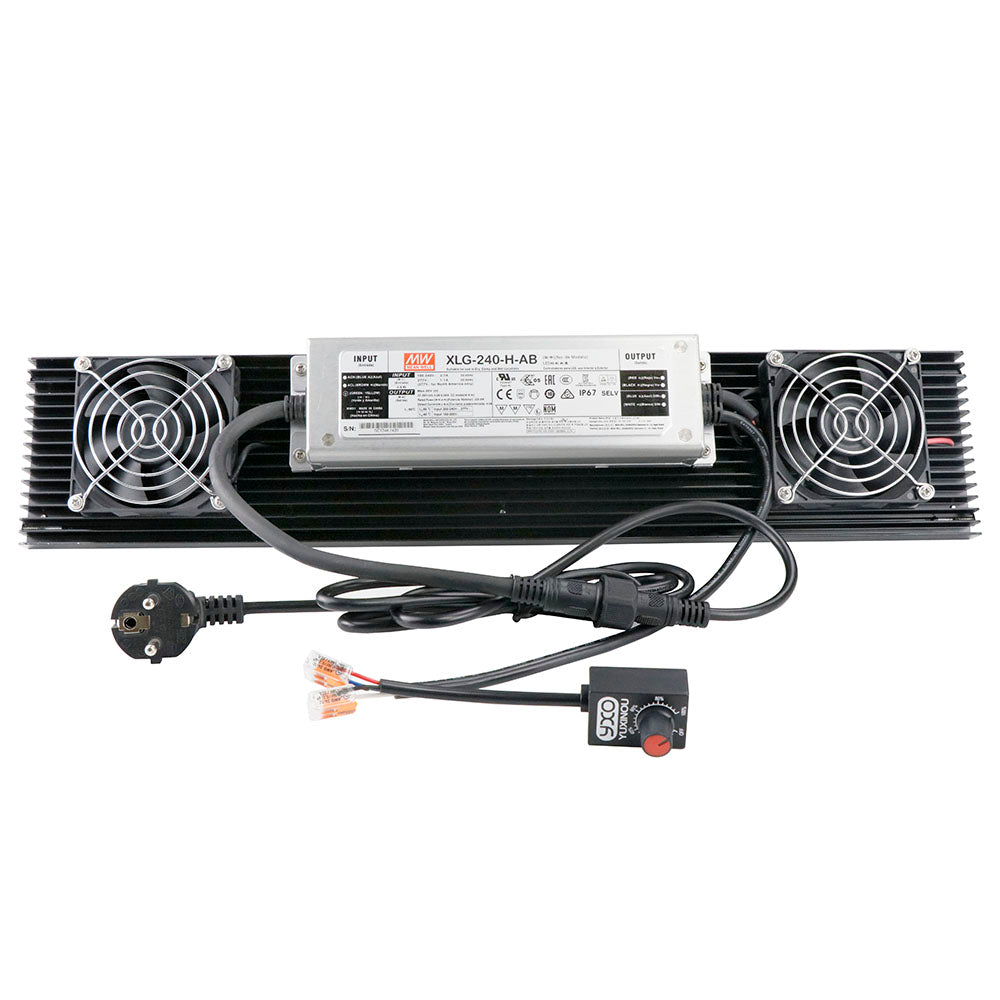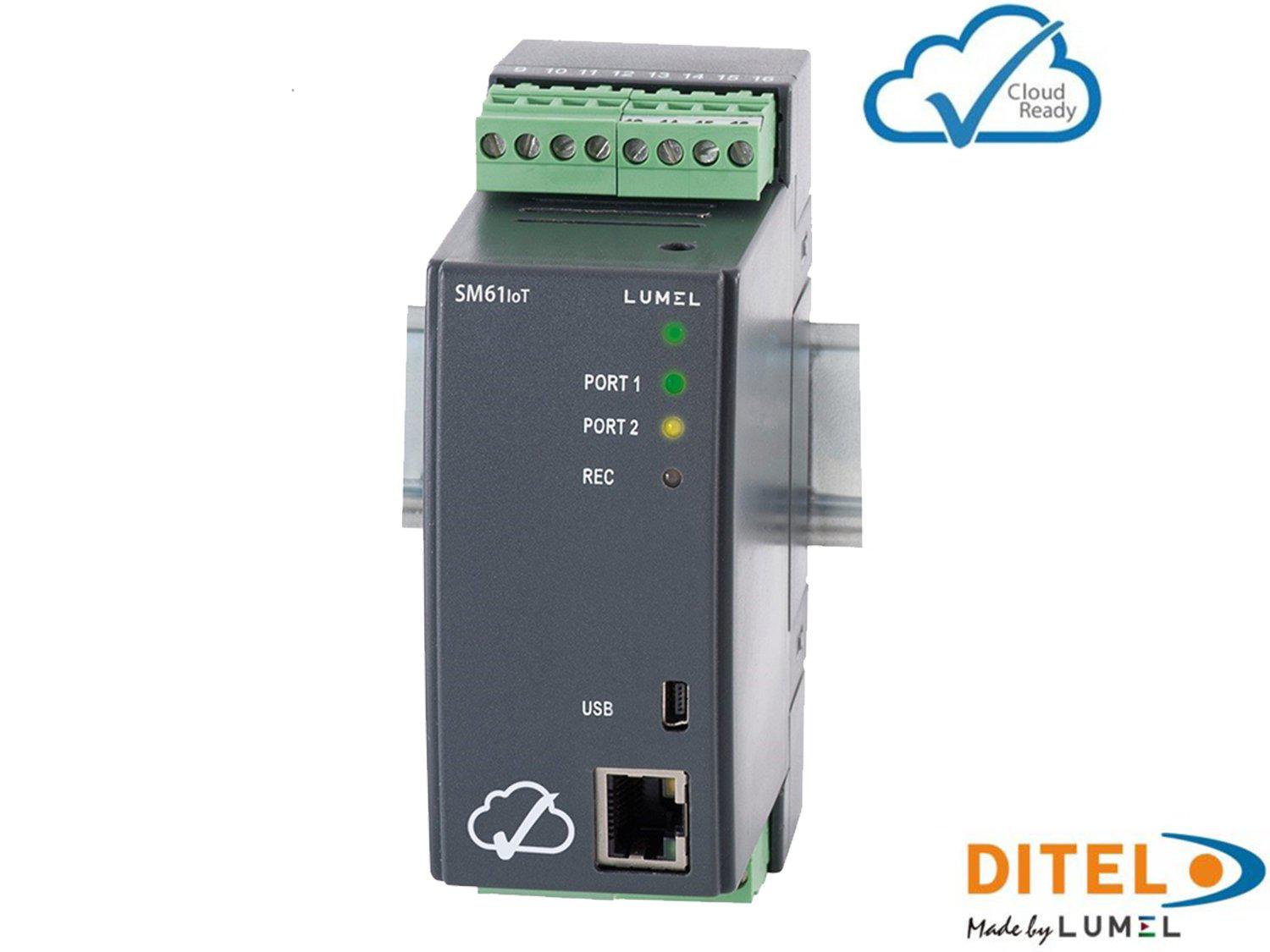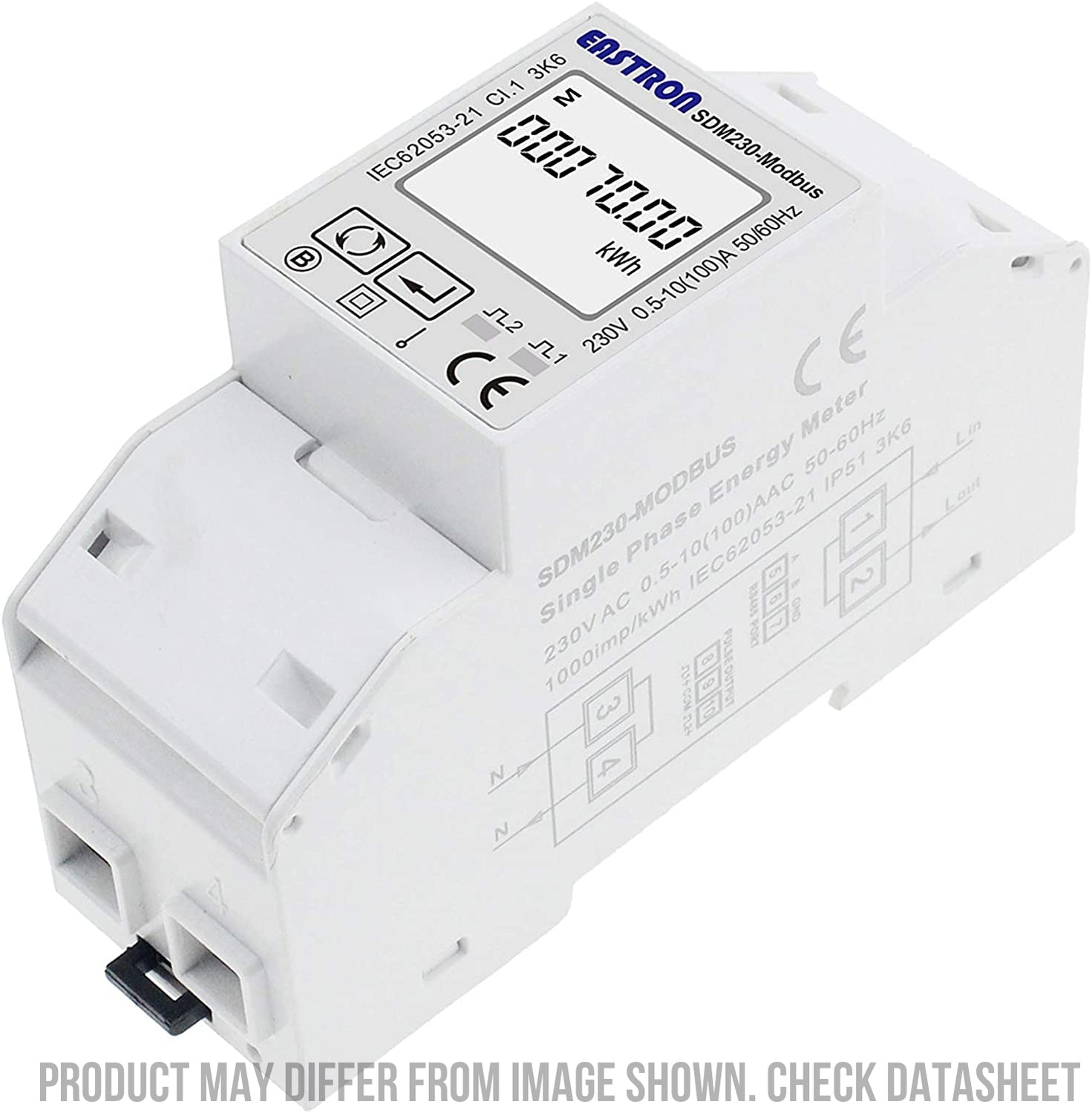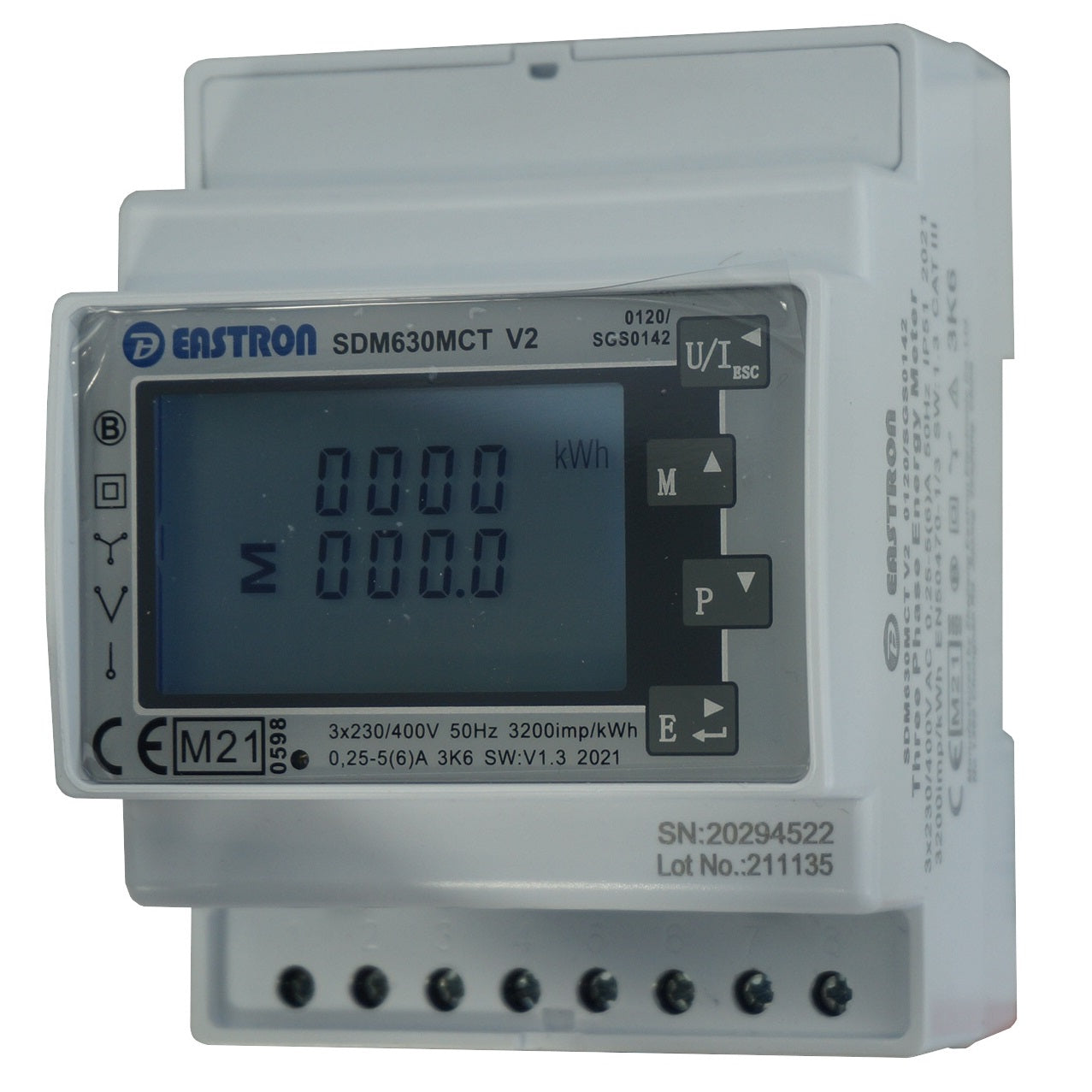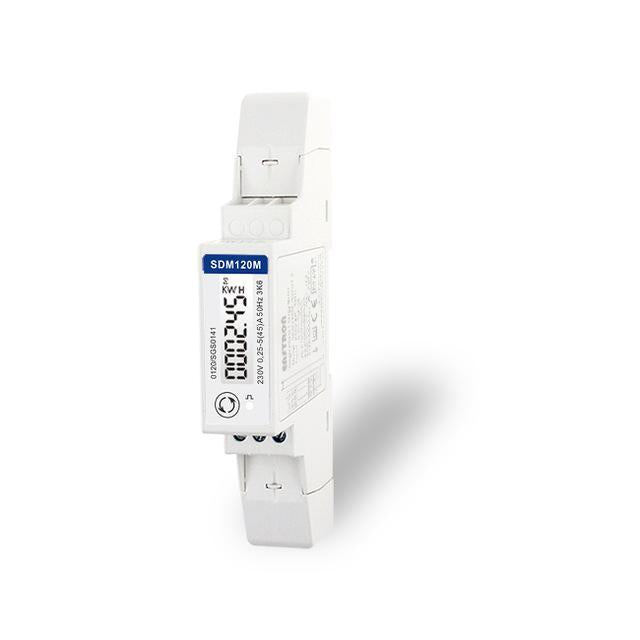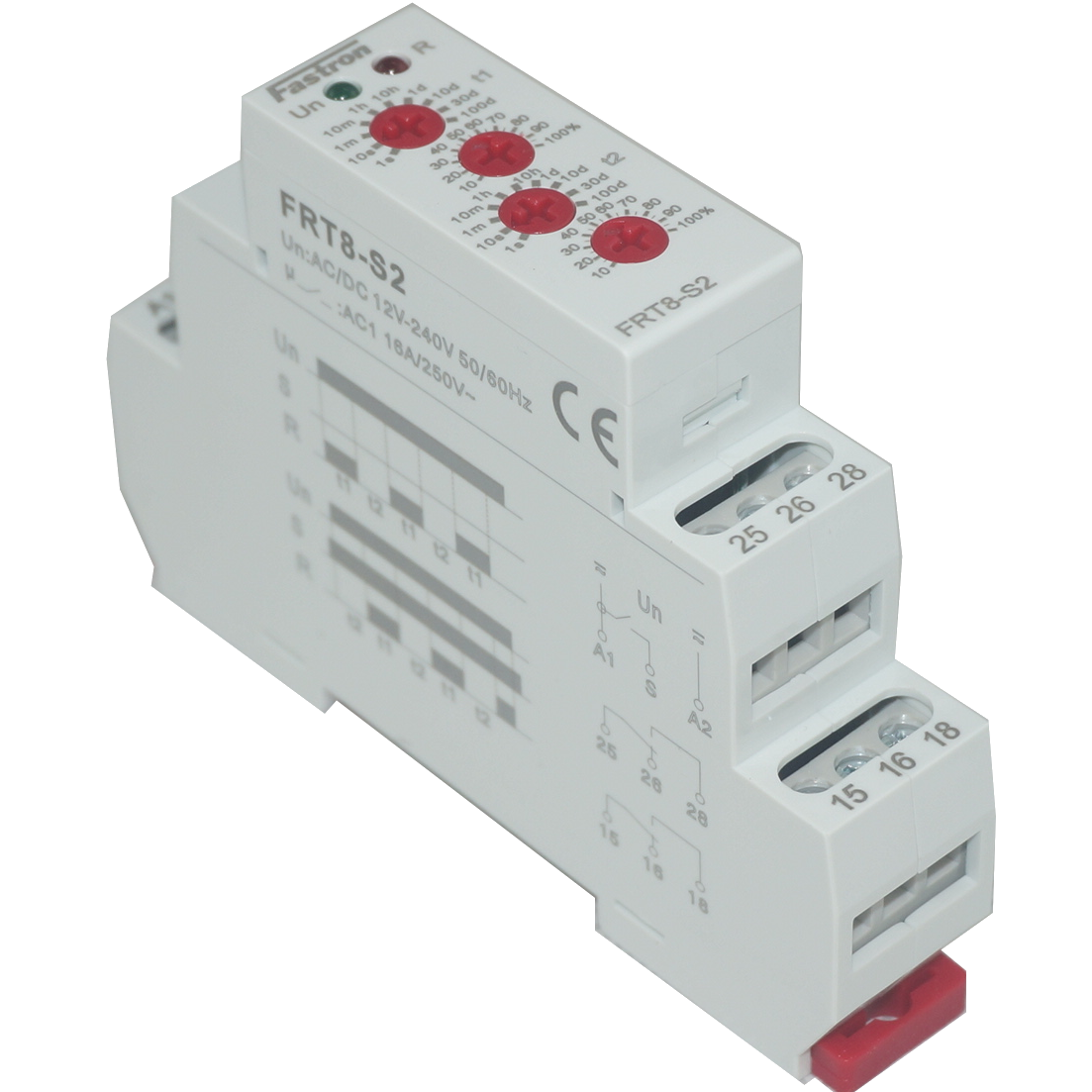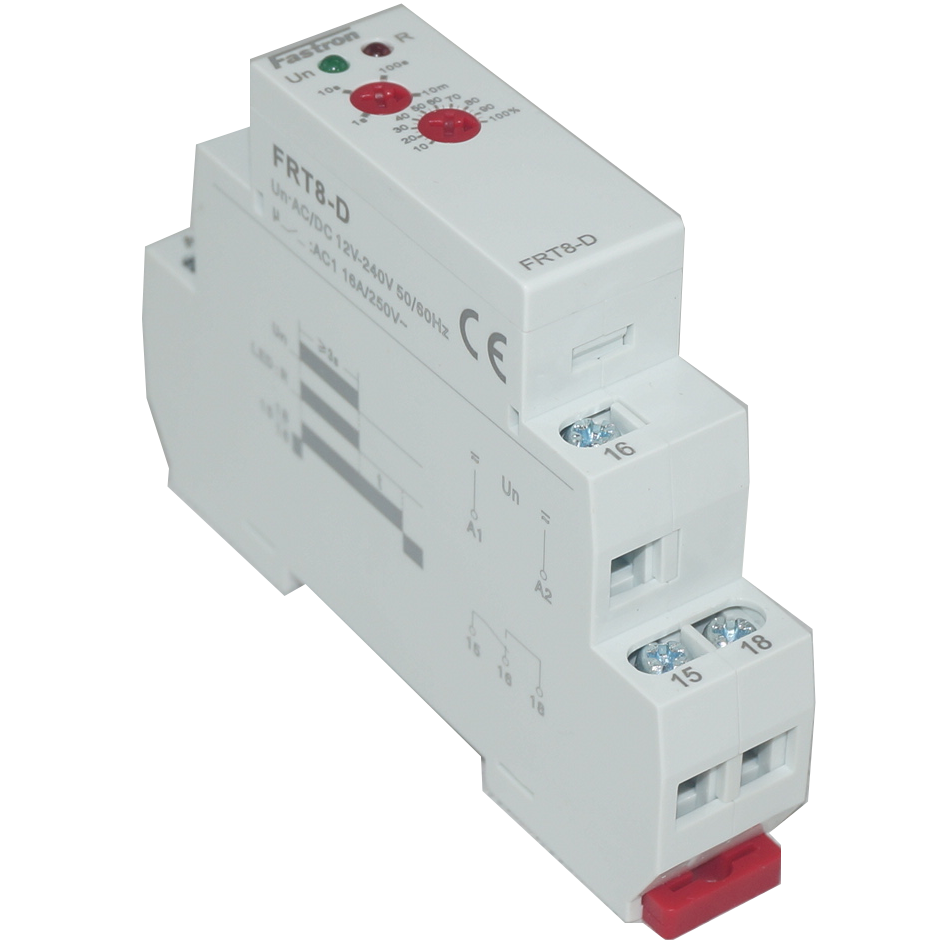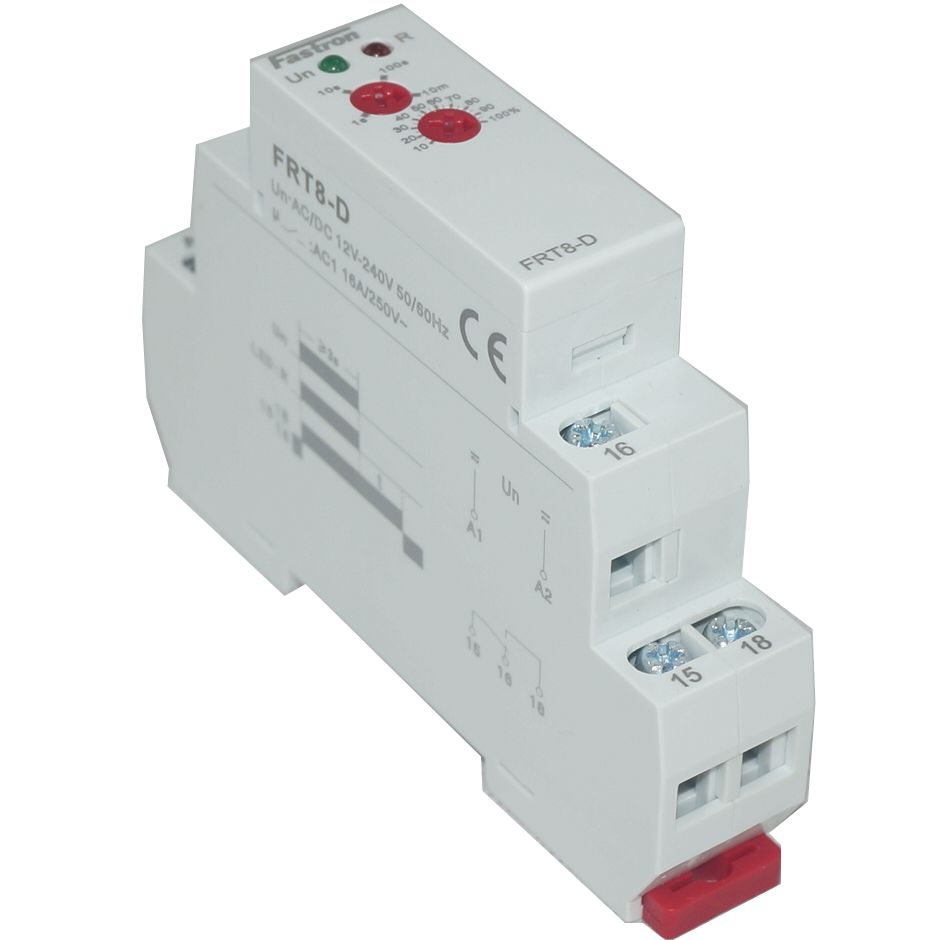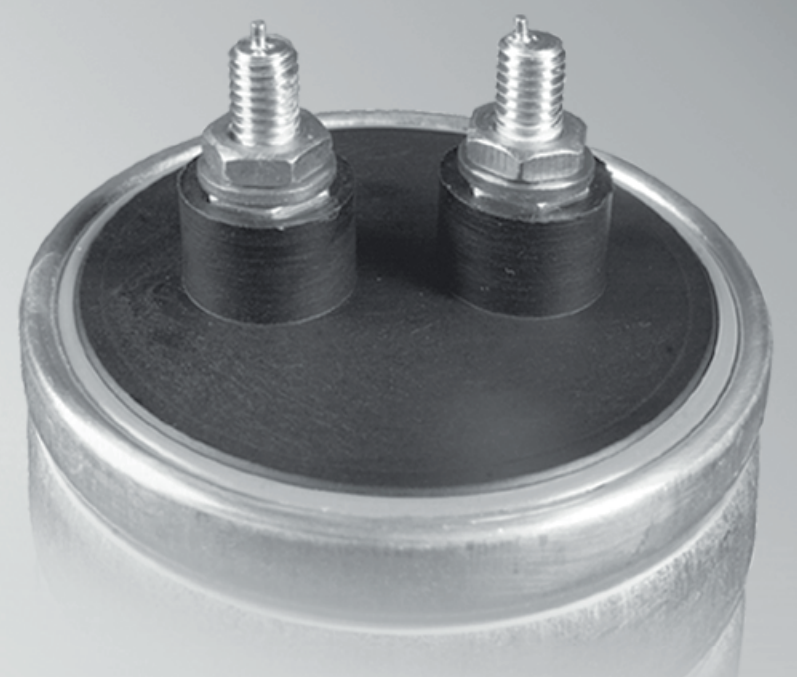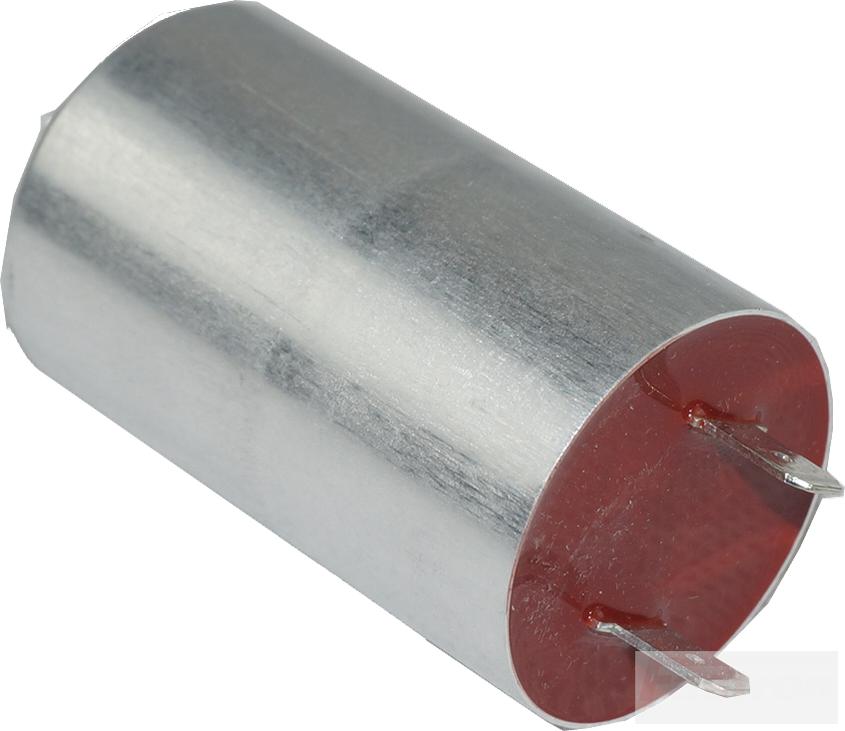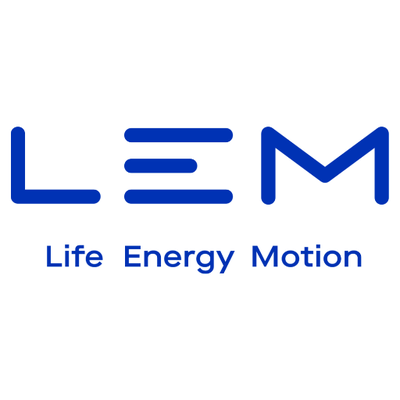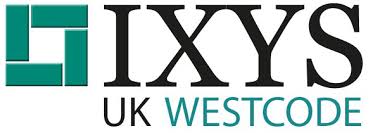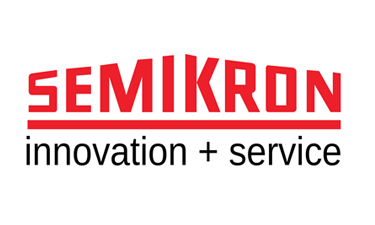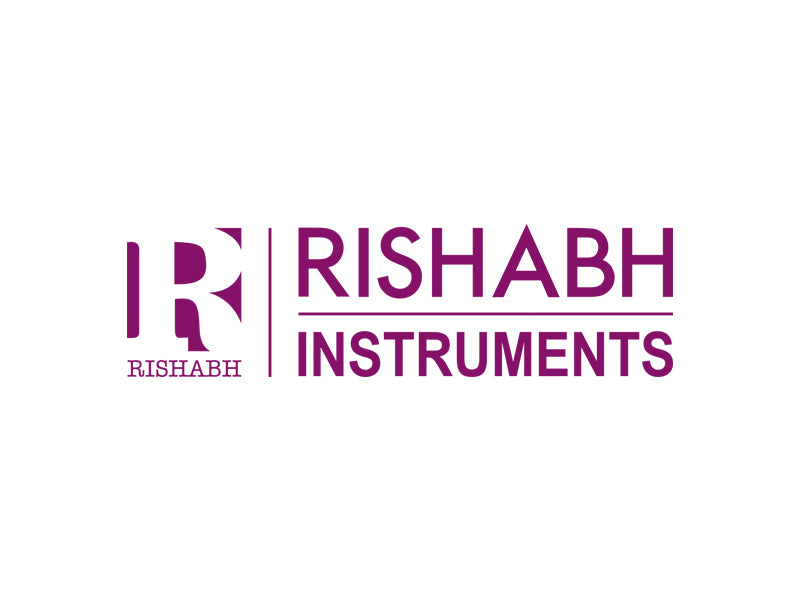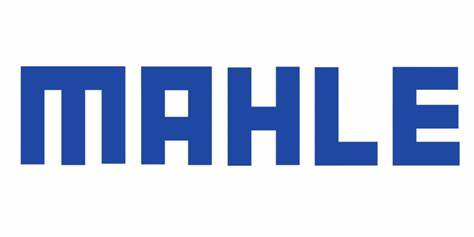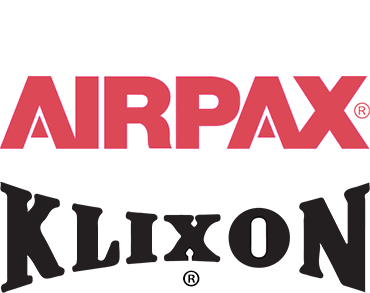-
E-Mobility and Renewables
Current Sensors
-
Current and Voltage Sensors
Current Sensors/Transducers
- Split Core AC Current Sensors Process Output
- Solid Core AC Current Sensors with Process Outputs
- DC Current Sensor with Process Outputs
- DC Current Shunts
- Panel Mount Current Sensors
- Busbar Mount Current Sensors
- Surface Mount Current Sensors
- PCB Mount Current Sensors
- Automotive Current Sensors
- High Precision/Flux Gate
- Sensor Mounting Accessories
Voltage Sensors/Transducers
Current Transformers
Special Current Sensors
kWh Energy Meters
-
Temperature/Humidity Control
Power Process Automation
Motor Control and Protection
Programable Logic Controllers and HMI
-
kWh Meters
Current Transformers
Din Rail Mount Transducers, Transmitters, Panel Meters
-
Circuit Breakers
- Moulded Case Circuit Breakers (MCCB)
- DC Moulded Case Circuit Breakers (DCMCCB)
- Miniature Circuit Breakers (MCB)
- DC Circuit Breakers
- RCD with Circuit Breaker (RCBO)
- Residual Current Circuit Breakers (RCCB,RCD)
- Hydraulic/Magnetic Circuit Breakers
- Appliance Thermal Circuit Breakers
- Rocker Switch Circuit Breakers
- Motor Protection Circuit Breakers
Switches and Indicators
Timers & Relays
-
Power Semiconductors
Heatsink And Cooling
-
Circuit Breakers & Appliance Fuses
Circuit Breakers
- Miniature Circuit Breakers (MCB)
- Moulded Case Circuit Breakers (MCCB)
- DC Miniature Circuit Breakers (DC MCB)
- DC Moulded Case Circuit Breakers (DC MCCB)
- Appliance Thermal Circuit Breakers
- Rocker & Push Button Circuit Breakers
- Motor Protection Breakers & Starters
- Hydraulic Magnetic Circuit Breakers
- Residual Current Device (RCD)
- Residual Current Circuit Breakers with Overcurrent Detection (RCBO)
Appliance Fuses & Holders
Solar Fuses
I²t Ultra Rapid Fuses
Semiconductor/HRC Fuses
- BS88 Style Fuse Links (aR)
- Small square Body DIN 43 653 Fuses (aR)
- European DIN 43 653 Fuses (aR)
- Automotive Power Fuses (gR)
- Cartridge Fuses with Din Rail Holder (gR)
- Cartridge Semiconductor Fuses (gR)
- European Size 33 (aR)
- NH0/NH00 Fuses (gG/gL)
- NH000 Fuses (gG/gL)
- NH1 Fuses (gG/gL)
- NH2 Fuses (gG/gL)
- NH3 Fuses (gG/gL)
- Amp Trap Fuses (Round)
Fuse Holders/Mounting Hardware
DC Contactor and Batttery Fuses
Surge Protection & Safety
-
Power Controllers
Power Factor Correction
Power Quality and EMC
-
Solid State Relays
- AC Control Solid State Relays
- DC Control Solid Sate Relays
- AC Switching Solid State Relays
- DC Switching Solid State Relays
- Din Rail Mount Solid State Relays
- Proportional Phase/Burst SSR
- 2 Pole Solid State Relays
- 3 Phase Solid State Relays
- Triac & AC Switch Modules
Solid State Relay & Heatsink
Slim DIN Rail or PCB Mount Types
Solid State Contactors
Contactors and HV Relays
Relays and Timers
-
Power Supplies and Battery Chargers
Battery Chargers, UPS
Test Equipment
Test Leads and Probes
-
IEC Inlets and Connectors
Wide Range of Switches
Cordsets & Power Distribution
-
Environmental
Light & Sound
-
Communication Hardware
Software & IOT Systems
-
-
-
-
- Current Sensors/Transducers
- Split Core AC Current Sensors Process Output
- Solid Core AC Current Sensors with Process Outputs
- DC Current Sensor with Process Outputs
- DC Current Shunts
- Panel Mount Current Sensors
- Busbar Mount Current Sensors
- Surface Mount Current Sensors
- PCB Mount Current Sensors
- Automotive Current Sensors
- High Precision/Flux Gate
- Sensor Mounting Accessories
-
-
-
-
-
-
- Temperature and Humidity Controllers
- Dial / Encoder Temperature Controllers
- 48x24mm Panel Size
- 48x48mm Panel Size
- 72x72mm Panel Size
- 48x96mm Panel Size
- 96x48mm Panel Size
- 96x96mm Panel Size
- Dual Loop Controllers
- PWM Duct Heater Modules
- Pattern/Step/Ramp-Soak Controllers
- Refrigeration and HVAC Controllers
- DIN Rail Mount
-
-
-
-
-
-
-
- Moulded Case Circuit Breakers (MCCB)
- DC Moulded Case Circuit Breakers (DCMCCB)
- Miniature Circuit Breakers (MCB)
- DC Circuit Breakers
- RCD with Circuit Breaker (RCBO)
- Residual Current Circuit Breakers (RCCB,RCD)
- Hydraulic/Magnetic Circuit Breakers
- Appliance Thermal Circuit Breakers
- Rocker Switch Circuit Breakers
- Motor Protection Circuit Breakers
-
-
-
-
-
-
- Circuit Breakers
- Miniature Circuit Breakers (MCB)
- Moulded Case Circuit Breakers (MCCB)
- DC Miniature Circuit Breakers (DC MCB)
- DC Moulded Case Circuit Breakers (DC MCCB)
- Appliance Thermal Circuit Breakers
- Rocker & Push Button Circuit Breakers
- Motor Protection Breakers & Starters
- Hydraulic Magnetic Circuit Breakers
- Residual Current Device (RCD)
- Residual Current Circuit Breakers with Overcurrent Detection (RCBO)
-
- Semiconductor/HRC Fuses
- BS88 Style Fuse Links (aR)
- Small square Body DIN 43 653 Fuses (aR)
- European DIN 43 653 Fuses (aR)
- Automotive Power Fuses (gR)
- Cartridge Fuses with Din Rail Holder (gR)
- Cartridge Semiconductor Fuses (gR)
- European Size 33 (aR)
- NH0/NH00 Fuses (gG/gL)
- NH000 Fuses (gG/gL)
- NH1 Fuses (gG/gL)
- NH2 Fuses (gG/gL)
- NH3 Fuses (gG/gL)
- Amp Trap Fuses (Round)
-
-
-
- Home
- All Collections
- Portable LCR Test Meters
Portable LCR Test Meters
Here at Fastron Electronics, we sell a wide range of high-quality testing equipment. This includes Clamp Meters, Portable Power Quality Analysers, Specialist Electronic Testers such as LCR Meters, Insulation Multimeters and Portable Temperature Meters.
When it comes to portable LCR Meters, the team at Fastron Electronics has an impressive range. Enjoy accurate testing and measurement in the convenience of a portable package with our range. We stock portable LCR Meters from leading brands including VA Instruments. Offering real-time display and an ultra-safe design, our portable meters are industry-leading.
Shop online with Fastron Electronics now for convenient shipping and free delivery on orders over $300AUD. With more than four decades of experience, you can be sure that we only supply the finest electrical components and equipment for the job.
For special quotes or specialised service and support, contact our Melbourne-based team today. Our specialists will happily assist you with all your energy management and monitoring requirements.

